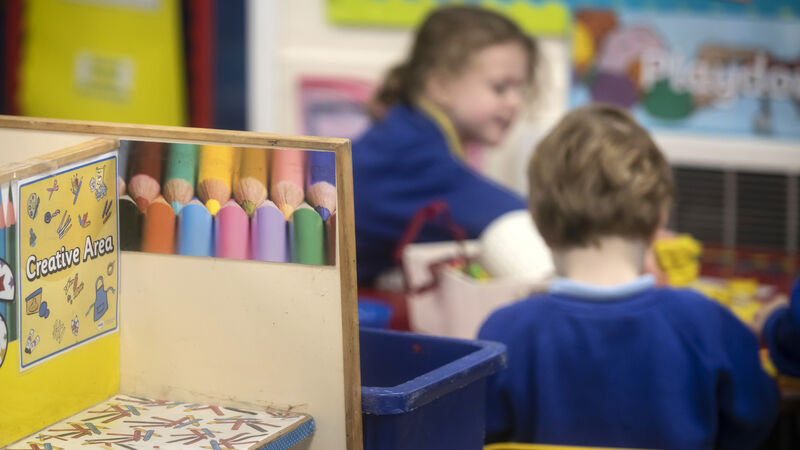School inspectors warn special class policies may block access for children with highest needs

Inspectorate said school policies could 'prevent children with the greatest level of need from accessing a place in a special class'.
School inspectors have raised the alarm over “concerning” admission policies that have the power to prevent children with the greatest level of need accessing places in special classes.
The Department of Education’s Inspectorate found issue with almost all admission policies used by a selection of mainstream schools to determine entry to their special classes. It examined the policies of 15 primary and 15 post-primary schools.










